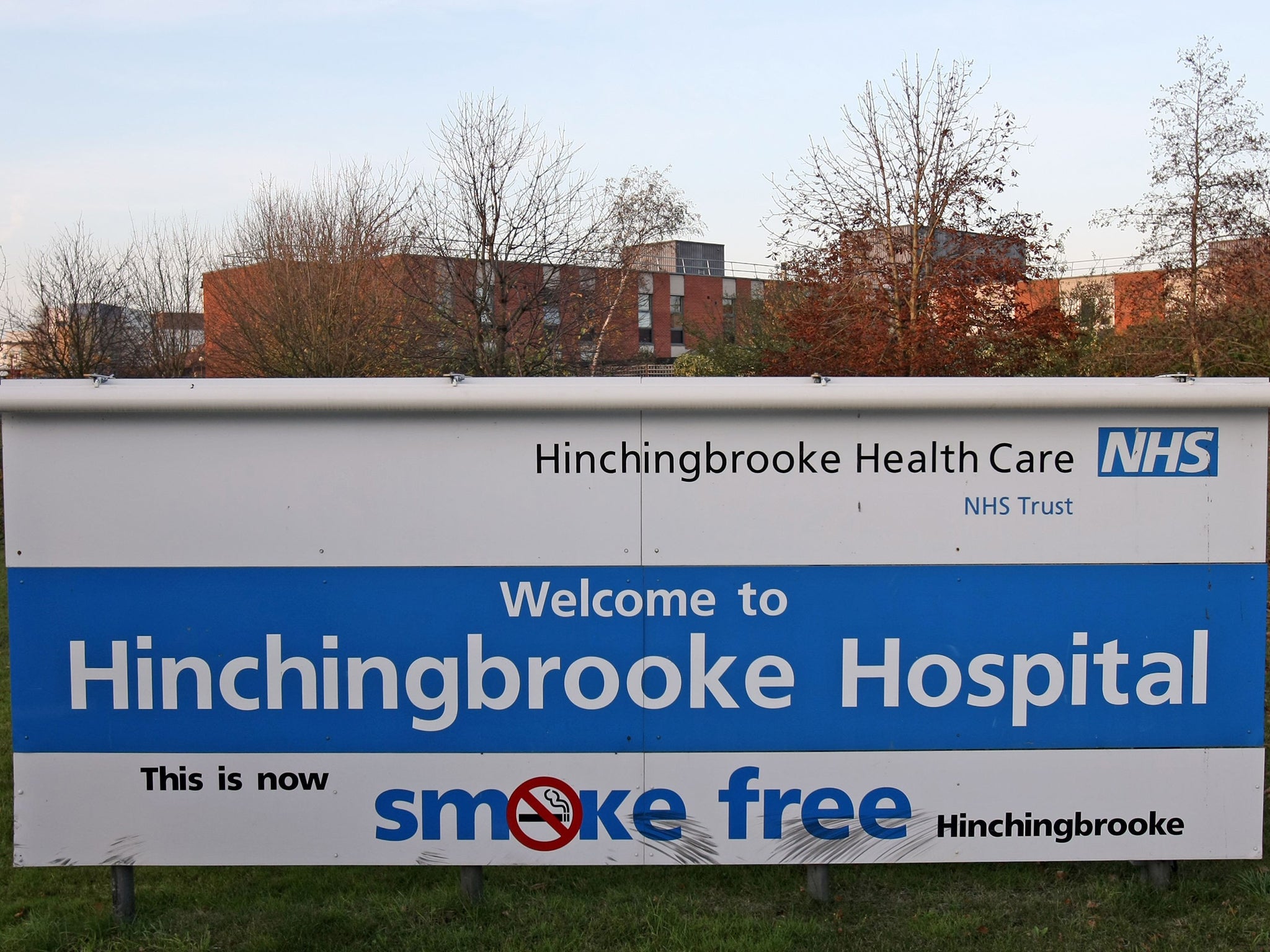Hinchingbrooke Hospital deal is a casualty of rising demand and funding pressures
Former boss Ali Parsa hailed Circle’s model as ‘an alternative to cuts and closures’

Your support helps us to tell the story
From reproductive rights to climate change to Big Tech, The Independent is on the ground when the story is developing. Whether it's investigating the financials of Elon Musk's pro-Trump PAC or producing our latest documentary, 'The A Word', which shines a light on the American women fighting for reproductive rights, we know how important it is to parse out the facts from the messaging.
At such a critical moment in US history, we need reporters on the ground. Your donation allows us to keep sending journalists to speak to both sides of the story.
The Independent is trusted by Americans across the entire political spectrum. And unlike many other quality news outlets, we choose not to lock Americans out of our reporting and analysis with paywalls. We believe quality journalism should be available to everyone, paid for by those who can afford it.
Your support makes all the difference.It was a landmark moment in the history of the NHS – and for many, not a welcome one. The £1bn, 10-year deal that put Circle in charge of the struggling Hinchingbrooke Hospital was the first time an entire NHS hospital had been put into the hands of a private company.
When the deal was done in 2011, after a tendering process which began under Labour in 2009, Circle’s then chief executive, the ex-banker Ali Parsa, accepted that he had a challenge on his hands.
Hinchingbrooke, a district hospital serving the population of Huntingdon, had racked up £40m of debts, and faced threats of wards closing or even the hospital itself being shut down. It was described as a “basket case” by the health minister Earl Howe and had been criticised by the CQC over quality and safety standards.
At first, it seemed like the new owners had worked miracles. As early as June 2012, Hinchingbrooke topped a list of hospitals as rated by patients. Mr Parsa was able to hail the Circle model as “an alternative to cuts and closure for struggling NHS hospitals across the country”.
However, two years later, as demand from an ageing population and the financial pressure of maintaining care standards began to tell upon hospitals across the country, a different picture began to emerge from a hospital that had been, for some, an exemplar of what outsourcing could achieve.
An inspection by the Care Quality Commission in September last year led to a letter being sent to the hospital’s managers, warning of serious concerns about staffing levels and even of patients being treated in an “undignified and emotionally abusive manner”.
Pressure on the hospital’s A&E was a key concern. Circle’s chief executive Steve Melton, who took over after Mr Parsa’s departure at the end of 2012, said yesterday that attendances had gone up 30 per cent, year-on-year.
Funding was also a problem – as it is for every NHS hospital struggling with the biggest slowdown in government health spending in decades.
The intense pressures and costs of running a full hospital service ultimately proved too much.
Join our commenting forum
Join thought-provoking conversations, follow other Independent readers and see their replies
Comments